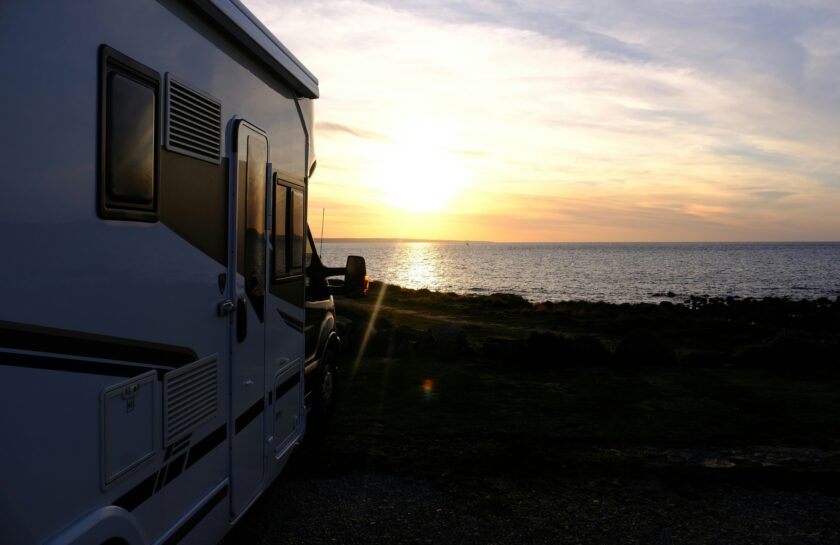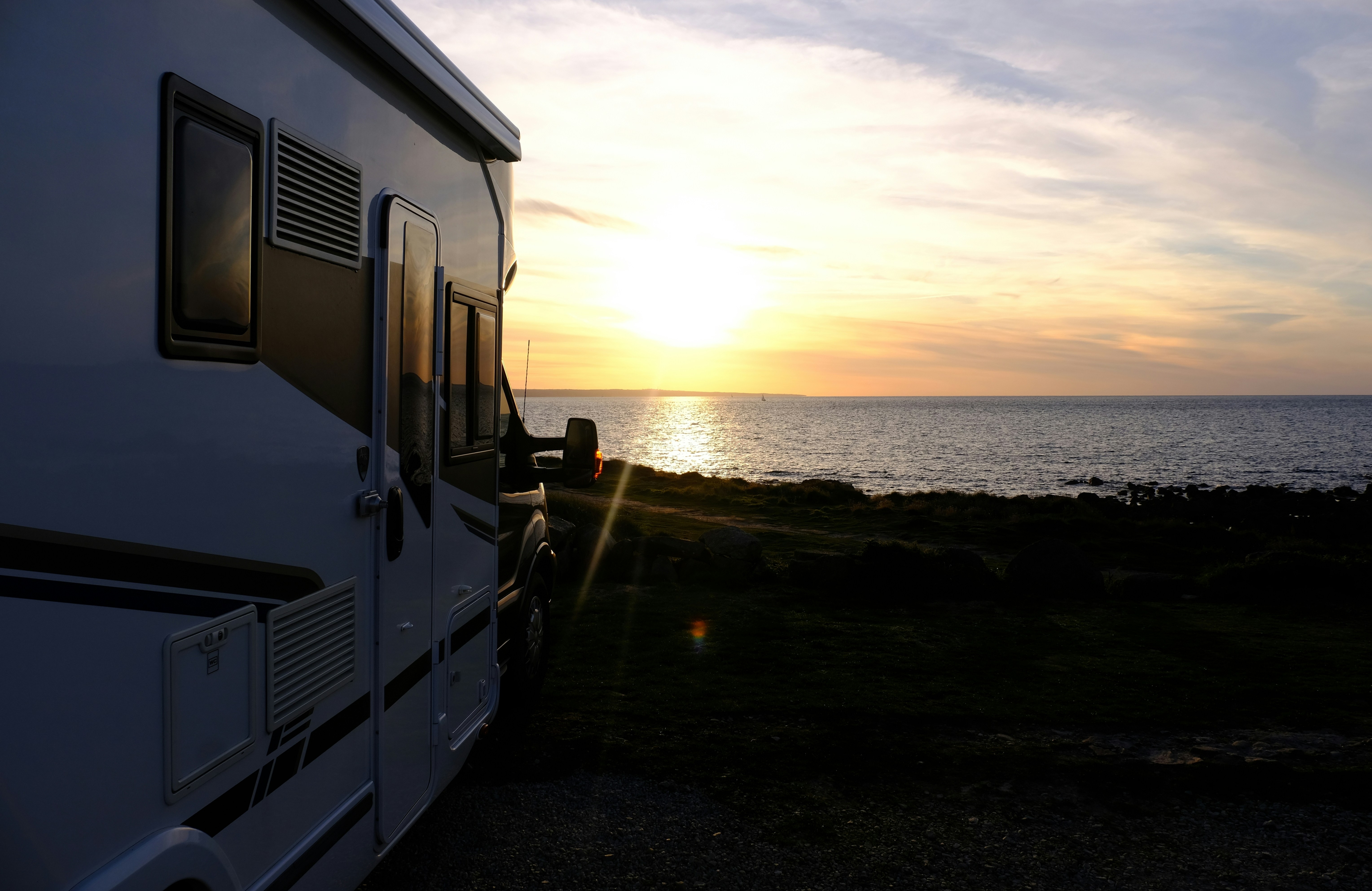The eco-friendly motorhome: Sustainable travel tips for RVers

The open road shows promises of freedom and adventure, but as motorhome enthusiasts embrace the nomadic lifestyle, many are increasingly conscious of their environmental impact. According to the Department for Transport, transportation accounts for approximately 26% of the UK’s total greenhouse gas emissions, with leisure vehicles contributing to this carbon footprint. Fortunately, there are many ways to lower your environmental impact while still enjoying the freedom of motorhome travel.

- The importance of eco-friendly travel
Climate change is one of the most difficult challenges of our time, with the UK government committing to net zero emissions by 2050. As motorhome owners, we have a particular responsibility to minimise our impact, as traditional RVs usually consume more fuel than standard vehicles. A conventional motorhome emits approximately 180-250g CO₂/km compared to the average car’s 120g CO₂/km. Besides emissions, motorhome travel can impact natural habitats through waste generation, water usage, and physical presence in natural areas. But if you adopt sustainable practices, you can help preserve the very landscapes and environments that make motorhome travel so appealing.
- Sustainable motorhome practices
Now, there are many things you can do to make your motorhome adventures far more sustainable.
- Efficient driving techniques
Simple driving adjustments can lower fuel consumption. Maintaining a steady speed of 50-60 mph typically offers optimal fuel efficiency for most motorhomes. Regular maintenance, including proper tyre inflation, clean air filters, and timely oil changes, can also improve fuel economy. When planning routes, avoid steep gradients where possible and use navigation apps that offer eco-friendly routing options. Additionally, lowering your motorhome’s weight by packing thoughtfully can further improve fuel efficiency—every 45kg removed improves fuel economy by approximately 1%.
- Renewable energy solutions
Solar power has completely changed sustainable motorhome travel. Modern portable solar panels can give you sufficient energy for essential appliances while eliminating the need for generators or hookups. A 100W solar panel can generate around 100-600 Wh per day, depending on conditions—enough to power LED lighting, water pumps, and device charging. When investing in renewable energy, you can also consider your specific needs and usage patterns. Many RVers find that a combination of solar panels with efficient lithium batteries gives them the most versatile and sustainable power solution, particularly for wild camping.
- Waste reduction and water conservation
Adopting a minimalist approach to packaging and employing reusable containers can also reduce waste generation. When shopping for supplies, choose products with minimal packaging and consider bulk purchases of essentials. Water conservation is just as important. Installing aerators on faucets can reduce water usage without compromising functionality. Meanwhile, using biodegradable soaps and shampoos guarantees that greywater has minimal environmental impact. Consider also installing a grey water filtration system that allows for responsible disposal or even repurposing of water for non-potable uses.
- Conscious camping practices
Choose established campsites with strong environmental credentials, including those with recycling facilities, renewable energy sources, and sustainable water management systems. When wild camping (where legally permitted), adhere strictly to Leave No Trace principles—leave sites exactly as you found them or better. Remember that motorhome insurance policies often have specific requirements when it comes to where you can stay overnight, so check your coverage before wild camping. Some insurers now offer incentives for eco-friendly modifications, recognising the reduced risk and responsibility associated with environmentally conscious motorhome owners.
If you manage to implement these sustainable practices, you can lower your environmental impact while continuing to enjoy the freedom and flexibility that this travel style offers. The small changes we make today collectively can guarantee that the natural beauty we cherish remains intact for future generations of travellers to discover and enjoy.
Spotted something? Got a story? Send a Facebook Message | A direct message on Twitter | Email: [email protected] Latest News








